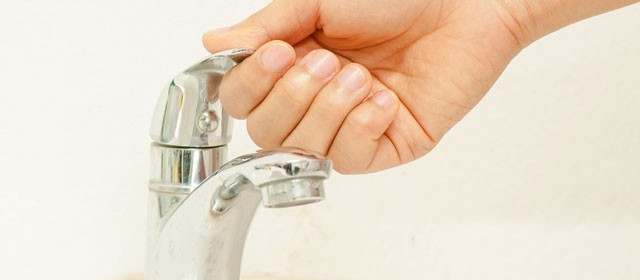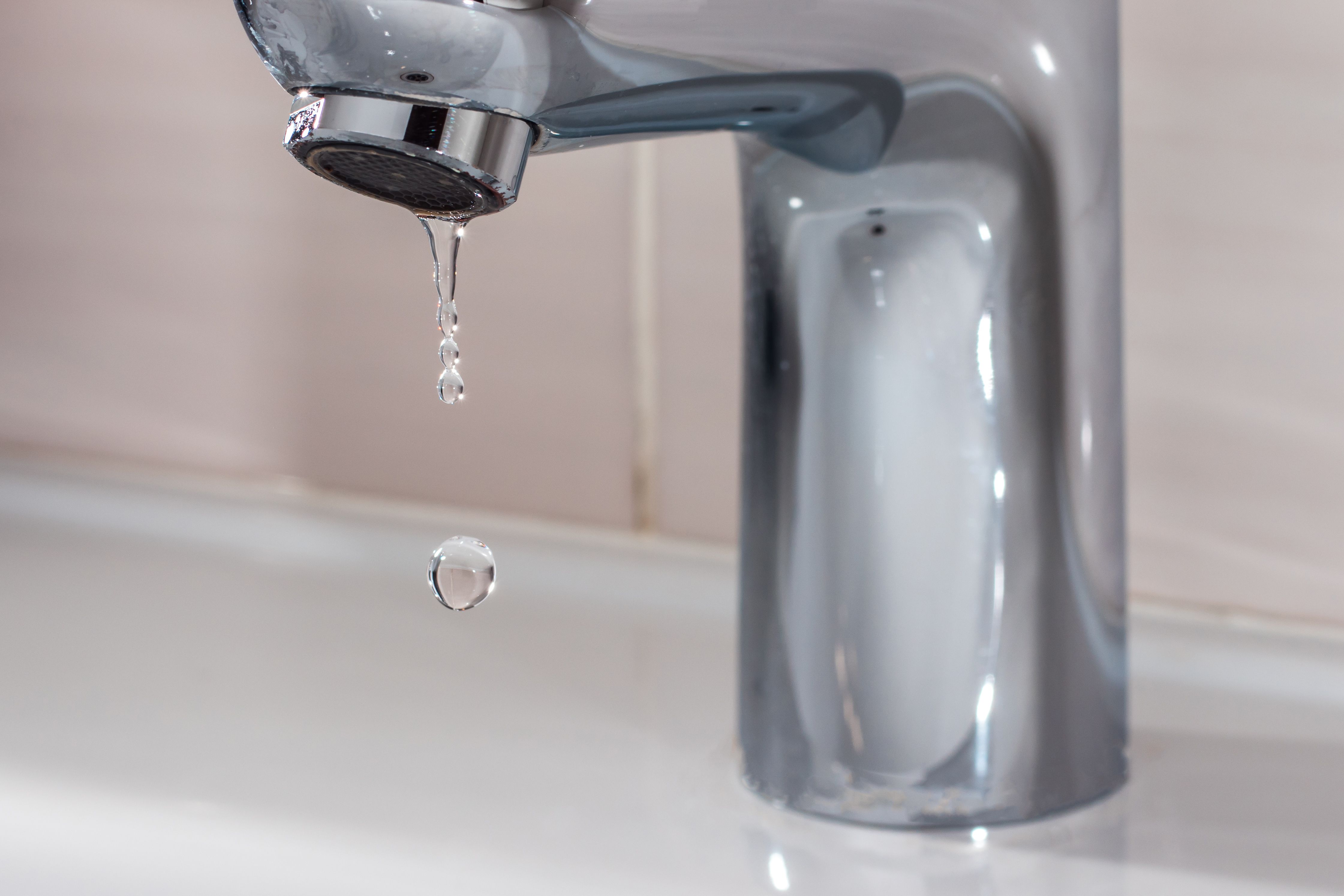Almost everyone is bound to have their personal rationale on the subject of Reasons for Water Heater Leaks.

"Be cautious of little expenditures. A small leak will certainly sink a terrific ship." - Benjamin Franklin.
He could not have been a lot more best since water leakages in our residences lead to a waste of resources, enhancing our water bills. This increase could seem minimal at initially, it can lead to considerable costs that can break your financial institution. Besides an increase in costs, water leakages also create undesirable organic development, structural damages, and also even electric risks.
If you have a water leak isn't constantly very easy due to being unable to see many of the pipework in your home, figuring out. If you have had an increase in your water bills lately, noticed water discolorations on ceilings and wall surfaces, scented poor odor, etc. You might intend to take into consideration asking for plumbing solutions to get it looked into.
There are a number of sources of water leakages, as well as we have assembled the usual factors below. Check to see if you have actually had associated issues in your home lately.
Deteriorated pipe joints
Pipe joints are the components of our plumbing system where the pipelines attach. It is important to note that also though pipelines are created to stand up to pressure and last for a while, they weren't designed to last forever; consequently, they would certainly weaken over time. An usual indication of damaged pipeline joints is excessive noise from taps.
High water pressure
You noticed your home water pressure is more than usual yet then, why should you care? It runs out your control.
It would be best if you cared because your typical water pressure ought to be 60 Psi (per square inch) and also although your house's plumbing system is made to stand up to 80 Psi. A rise in water pressure can put a pressure on your residence pipelines and cause splits, or even worse, burst pipes. Get in touch with a professional about controling it if you ever see that your home water pressure is higher than typical.
Rust
As your pipework gets older, it gets weak and more vulnerable to rust after the constant flow of water through them, which can gnaw at pipelines and cause cracks. A visible indicator of rust in your home plumbing system is discoloration and although this could be hard to identify as a result of most pipelines hidden away. We suggest doing a constant checkup every couple of years as well as change pipelines once they are old to make sure a sound plumbing system
Clogged drains pipes
Food particles, dirt, as well as oil can cause clogged up drains as well as obstruct the passage of water in and out of your sink. Boosted pressure within the seamless gutters can end and trigger an overflow up cracking or rupturing pipelines if undealt with. To prevent stopped up drains in your home, we advise you to avoid pouring bits away and regular cleaning of sinks.
Busted seals
One more source of water leaks in homes is damaged seals of house appliances that make use of water, e.g., a dish washer. When such home appliances are installed, seals are mounted around water ports for easy flow of water with the machine. Hence, a broken seal can trigger leakage of water when in operation.
With little or no knowledge of plumbing, recognizing your house's plumbing system adequate to deal with some of these problems (without effect) can be a headache. Get in touch with plumbing professionals in Pittsburgh, Providence, Rochester, as well as environ today, as well as they'll make those concerns disappear.
He could not have actually been more best since water leakages in our residences result in a waste of sources, increasing our water bills. If you have had an increase in your water bills recently, discovered water discolorations on ceilings and also wall surfaces, smelt lousy smell, and so on. An increase in water pressure can place a pressure on your residence pipelines and lead to fractures, or even worse, ruptured pipes. An additional reason of water leaks in houses is damaged seals of residence devices that utilize water, e.g., a dish washer. When such appliances are mounted, seals are mounted around water connectors for easy passage of water with the machine.
5 TIPS IN DETECTING A WATER LEAK IN YOUR HOUSE
Water leaks can be hard to find in your home, yet they can be so common. We rely on water every day in our home, which is why a leak can cause big problems. By detecting them early, you can save money and further damage, getting the problem fixed as soon as possible. Here are 5 tips to help you detect a water leak in your home, so you can contact a plumber straight away and get the issue sorted.
Check your water meter
Many people underestimate the value of the water meter in their home. It can be one of the best ways to tell if you have a leak early on, so you can get on top of it before issues start arising. Start by turning off all the water in your home: taps, washing machine, dishwasher, etc. Now take a look at the meter – if it’s still changing with everything turned off, it’s likely you have a fast-flowing leak that you need to get on top of straight away. If nothing changes, then leave your meter for an hour or two and come back to it. Did it change in this time? It’s likely you have a slower leak, which isn’t as urgent but still handy to get fixed so it doesn’t become a bigger problem.
Keep an eye on your bill
Another good way to detect a leak in your home is by keeping an eye on your water bill. It helps if you have a past bill from the same period of time. You can compare like for like and determine whether your water usage has increased significantly. If it has, there may be a leak in your system that you haven’t picked up before. A professional plumber can check through all of your pipes and determine where it is coming from.
Look for damage
If you have a leak inside your home, you will notice damage over time. Take a look at your showers and bathtubs and note whether any of the tiles surrounding the area seem to be discoloured or damaged in any way. There may be water stains, mould or peeling material that has resulted from a build up of moisture over time. Make sure you take a look under sinks at the back of cupboards that don’t get accessed regularly. This is where damage can go unnoticed and build up over periods of time.

I'm very interested by How to Find and Prevent Water Leaks in Your Home and I'm hoping you appreciated the post. Do you know another person who is fascinated by the topic? Take a moment to share it. I am grateful for your time. Kindly come by our site back soon.
Contact